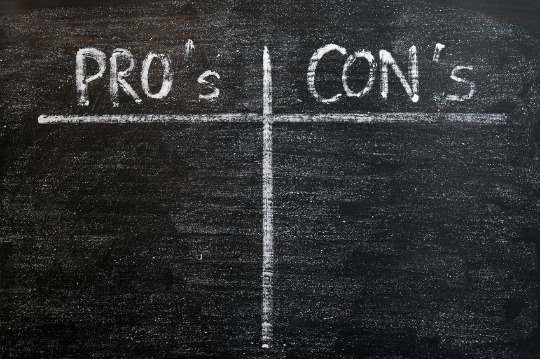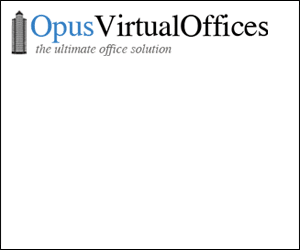

The Pros and Cons of Private Student Loans

We’ve gone over what private student loans are and how to begin researching repayment options. Now let’s get into the basic pros and cons of taking out a private student loan. We hope to help answer your questions if you’re considering taking out a private student loan, or are just curious to see how they differ from other types of student aid:
PROS
Your education costs will be covered
There’s no cap on private student loans – at least theoretically. Most are high enough to accommodate the cost of tuition as well as living expenses. This can be advantageous if you’re unable to obtain federal student loans, or weren’t able to get enough aid. If you require more aid, private student loans can be an option.
Lower interest rates… maybe
You may be able to find a lower interest rate – particularly now that federal interest rates may remain at the recently doubled 6.8%. Some private student loans will offer interest rates lower than federal loans. Before you get too excited, the rates are usually variable which can be risky. (More on this in a moment)
More variety for specific needs
Because there are so many private lenders, you may find a greater variety in the kind of loan plan that you’re able to find. At times, this can be beneficial if you’re only looking at a small loan, or if your financial plan fits with a more specialized loan approach.
CONS
Interest is often variable
What does this mean? It means that if you accept a loan under the agreement of a certain interest rate, then it can be changed at the discretion of the lender. You may start off with a low interest rate, only to have it raised 3 years down the line. It’s not a stable constant, and planning out your future financials is tricky because of this.
There’s a higher limit on lending
Just because you can fund the entire cost of your education with loans does not mean you should. A higher loan means that you’ll be paying more interest. And more interest means that you’ll be paying back more on your loan than if the principal were smaller to begin with. $120,000 in student loans will be a serious weight on your finances and potentially even an unmanageable weight. As a general rule, you should try and take on the least amount of debt.
The loan is dependent on your credit score
You may be at a disadvantage if you have a low or nonexistent credit score. Not only will it be difficult to acquire the loan, you may also only be able to obtain one under less than ideal terms. Higher interest rates, fees, or less than flexible repayment plans.
If a lender requires a co-signer, you may be putting a loved one at financial risk
If you have a low credit score, or no credit score at all, most private lenders will require a co-signer to the loan. This adds responsibility to the co-signer, and if you’re unable to make payments in the future, your co-signer will take a serious hit to their credit. Is this a stipulation that you’ll want to face if it does indeed come to that?
Less flexible repayment options
Though some private student lenders offer options if a borrower is facing financial hardship, many often don’t offer the flexibility available from federal student loans. You may not be able to defer or forebear your payments, even if you’re unemployed. Though there may be some options – they are limited, and not guaranteed by every lender.
You may need to begin making payments while you’re still in school
Unlike federal student loans, most private student loans require that you begin making payments on interest or principal while you’re in school. Though in the long run, it may be a good idea to contribute to loan payments while in school if at all possible, it also adds pressure to your repayment. Additionally, whereas federal student loans pause interest while a student is enrolled, the interest accrues on a private student loan even if you’re in school.
From the number of cons versus the number of pros alone, you may have noticed that private loans are often not the best option. Student loans are serious business, and the resulting debt should be taken seriously. That’s not to say that student loans can’t be a viable option for someone under certain circumstances. However, they do carry a higher risk, and arguably an even larger responsibility for the borrower.




Beginning loan repayment while in school it not so much a con, as it is a necessity given the amount of loans necessary for college. If a student is earning just work-study money for example, they can afford $50 a month toward student debt. I know, this is not a “fun” answer but the benefits are clear long term.
1. It reduces the cost of interest before full loan repayment can begin.
2. It builds a positive credit history in the student’s name, putting them in better position to refinance the private loan after graduation to a much lower rate. Also, having good credit builds leverage for potential auto loans or mortgages in the future.
3. Hiring managers more frequently take a peek at an applicants credit report. Having a positive payment history is much better than no credit history, or maybe even bad credit history if credit cards were improperly used while in college.